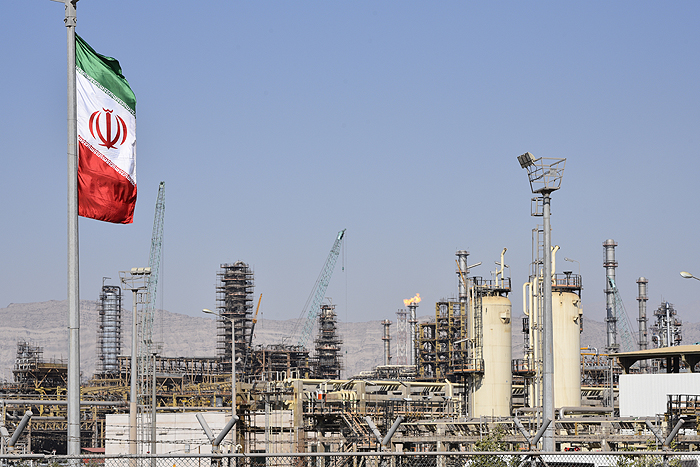January 16, 2014, is marked as the day the JCPOA was enforced and the sanctions on Iran's nuclear program were lifted on the banking, transportation and oil sectors, in such a way that the country could repatriate all the proceeds from the sale of crude oil and petroleum products, NIORDC reported.
The deal also made it possible for the import of all the goods that were banned from entering Iran in previous years.
Iran is importing refinery items while up to 65% of them can be supplied domestically. For example, about 80 percent of the catalysts used in oil refineries are supplied by domestic producers.
****Stabilization of production at the first phase of the Bandar Abbas Gas Condensate Refiner****
Construction of the Bandar Abbas Gas Condensate Refinery started in 2007 and should have been completed 48 months later according to the project's schedule. Its first phase was inaugurated after almost ten years with 12 million liters/day of gasoline production capacity in 2016.
It was only after the lifting of the sanctions that the main equipment needed for the development of refineries, in particular the equipment needed for the project, were imported to the country.
Furthermore, Phase 1 of Bandar Abbas and Lavan gasoline production units came online after JCPOA implementation. Besides, Phase 1 of Abadan Refinery's development project came on-stream in early 2017 with an investment of $1.1 billion by Sinopec.
The country also relished fresh investments from Southeast Asian countries, such as China, Japan, and South Korea. Iran also started off constructive interactions with foreign partners for improving the quality of the output of the refineries in Bandar Abbas, Tehran and Tabriz.
*****Increased petrol output of refineries and export of products*****
As the first phase of the Bandar Abbas Gas Condensate Refinery and Lavan and Bandar Abbas gasoline production units came online, a total of 16 million liters per day of petrol was added to the country's production capacity.
Once other phases of the condensate refinery come online, the country will no longer need to import petrol, a strategic item, but will also be able to export its excess output.


Your Comment